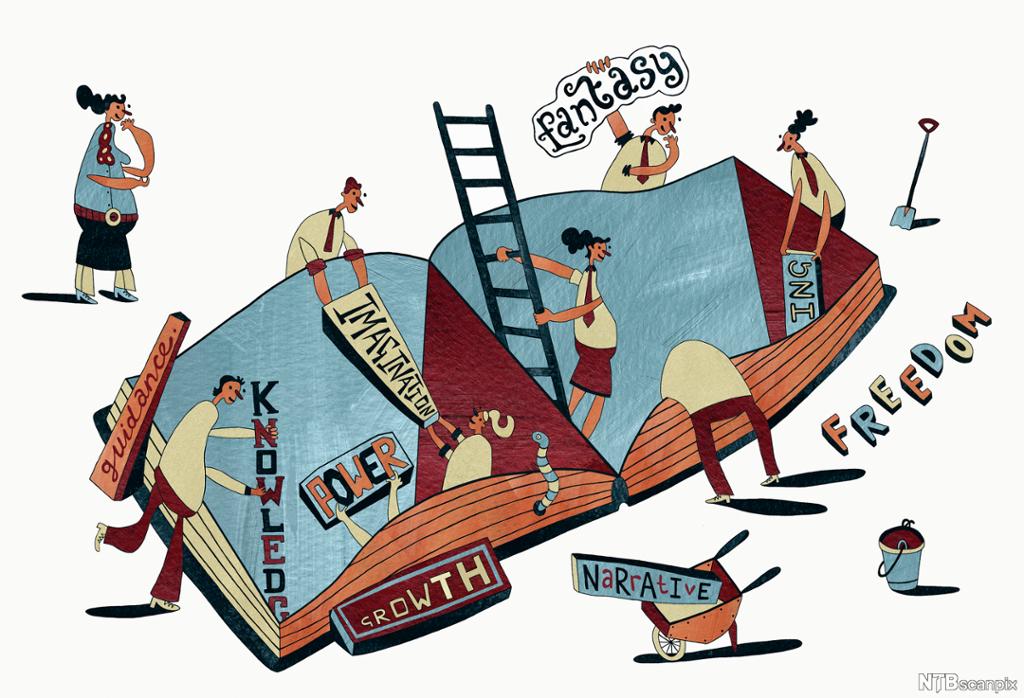Short Films about Literary Analysis

Allegory
An allegory is a story with a deeper meaning to; the story represents something different from what is literally described. Characters, objects, settings, and actions in the story are used to symbolise ideas, values, or beliefs.
Alliteration
Alliteration is a literary device where a series of words begin with the same consonant sound.
Assonance
Assonance is the repetition of identical or similar vowel sounds.
Metaphor and simile
A metaphor is a figure of speech that is used to compare two dissimilar things without using comparison words. Similes also compare things that are distinctly different, but unlike metaphors, similes make the comparison using 'like' or 'as'.
Symbols
Symbols are words that can be used to represent something other than what it ordinarily stands for. Often something concrete is used to represent something abstract. One example could be that white doves are used as a symbol of peace.
Characterisation:
Characterisation is the description of a character's physical traits (how a character looks), point of view, personality, private thoughts, and actions. Characterisation can be direct (the author telling us what the character is like) or indirect (we decide what a character is like from their actions, thoughts, and what they say).
Protagonist:
The protagonist is the main character of a story.
Point of view
Who is telling the story? Does the narrator exist outside the action or are they part of the action?
Setting
When and where is the story taking place? There are three major components to setting: social environment, place, and time.
Theme
Theme is defined as the main idea or underlying meaning of a literary work.
Conflict
When we hear the word 'conflict' it is easy to picture a fight. In literature, conflict is the challenge that must be overcome in order for the story to reach a conclusion. There are many different types of conflict, for example character against nature, character against technology, character against the supernatural, character against another character, character against society, or character against themselves.
Plot
The plot is the main events of a play, novel, film, or similar work, devised and presented by the writer as an interconnected sequence.
Turning point and climax:
A story can have several turning points. A turning point is a moment in the story where the narrative changes focus and takes a new direction. The climax is the highest point of tension in a storyline, often with a confrontation between the protagonist and the antagonist.